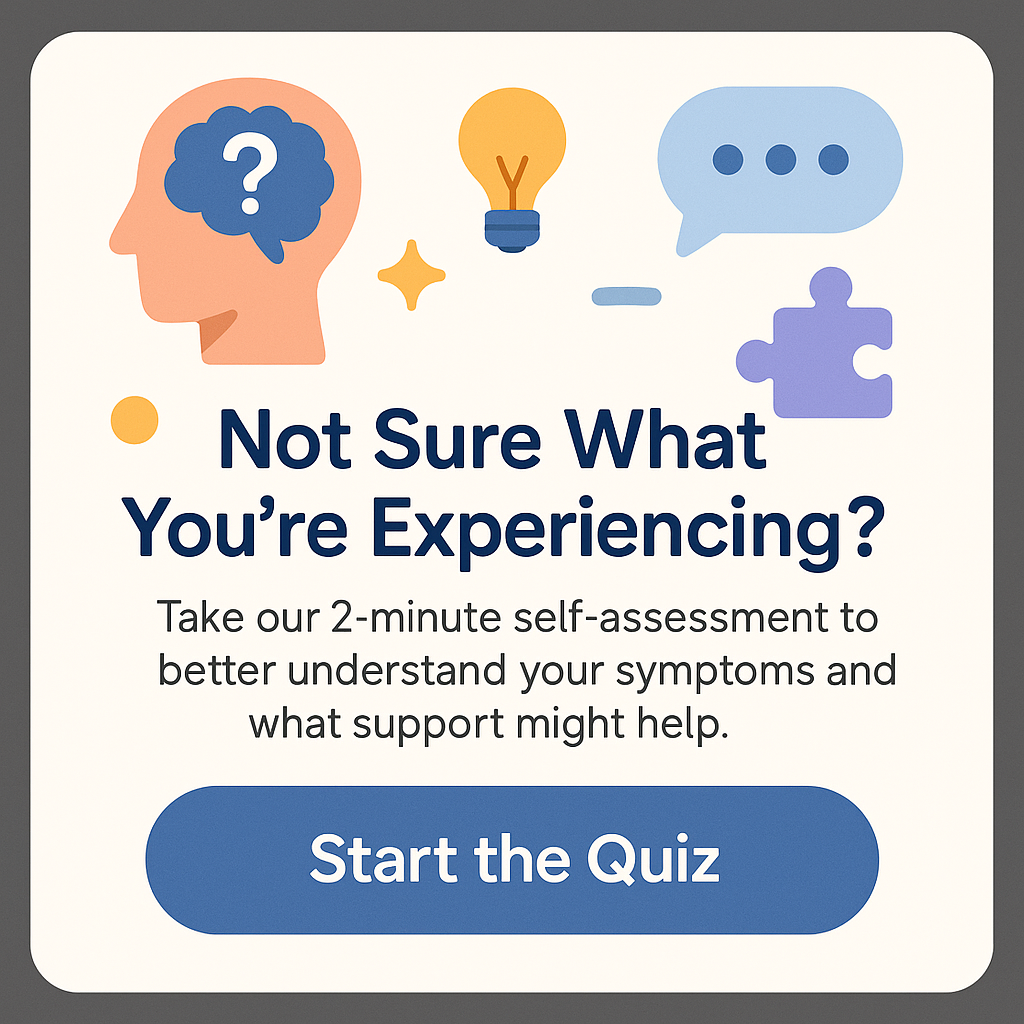What is the best medicine for autism?
What is the best medicine for autism? This is a question that many families grapple with when seeking effective treatment options for their loved ones. Autism Spectrum Disorder (ASD) affects individuals in various ways, presenting a range of challenges in social interaction, communication, and behavior. With the right medical intervention, families can see substantial improvements in their loved ones’ quality of life.
Understanding autism is crucial before we delve into treatment options. ASD is a complex neurodevelopmental disorder that manifests differently in each individual. Therefore, what works for one person might not work for another. While there is no cure for autism, early intervention and personalized treatment plans can make a significant difference.
Families might feel overwhelmed by the numerous treatments available, which range from behavioral therapies to complementary alternatives. However, many wonder about pharmaceuticals: What is the best medicine for autism? This question opens the door to understanding the various medically endorsed approaches to manage symptoms associated with autism.
Medications Commonly Used for Autism
When considering medications, it’s vital to recognize that each individual diagnosed with autism may have unique needs. Medications are often prescribed to address specific symptoms, such as anxiety, irritability, or attention-deficit hyperactivity disorder (ADHD), rather than the autism itself.
1. Selective Serotonin Reuptake Inhibitors (SSRIs): These medications are commonly used for anxiety and depression, which can be prevalent among individuals with autism. SSRIs like fluoxetine (Prozac) can help alleviate mood swings and increase social engagement.
2. Atypical Antipsychotics: Medications like risperidone (Risperdal) and aripiprazole (Abilify) are often prescribed for managing irritability and aggression in autistic individuals. These medications may be effective in improving behavior and emotional control.
3. Stimulants: For those who exhibit symptoms of ADHD, stimulant medications (e.g., methylphenidate or amphetamine) can help manage attention issues and improve focus.
4. Mood Stabilizers: Some individuals with autism may benefit from mood stabilizers for managing severe mood swings or aggressive behaviors.
5. Anti-anxiety Medications: Medications such as buspirone can be helpful for those who deal with anxiety, allowing for a calmer daily experience.
Before starting any medication, consulting with a healthcare professional is essential. A qualified psychiatrist or pediatrician well-versed in autism can provide insights into what is the best medicine for autism based on specific symptoms, medical history, and age.
Behavioral Therapies vs. Medications
While discussing the best medicine for autism, it’s important to highlight that medication is just one piece of a multifaceted treatment strategy. Behavioral therapies play a crucial role in managing autism symptoms and improving overall functioning.
1. Applied Behavior Analysis (ABA): Leveraging reinforcement, ABA is one of the most well-researched interventions for autism. It uses positive reinforcement to teach socially important skills and reduce undesirable behaviors.
2. Cognitive Behavioral Therapy (CBT): Especially effective for older children and adults with autism, CBT helps individuals understand their thoughts and feelings and how these influence their behaviors. This therapy is beneficial in treating anxiety and depression alongside autism.
3. Speech and Language Therapy: Many individuals with autism face challenges with communication. Speech therapy can help improve language skills, promoting better interaction with peers and family.
4. Occupational Therapy (OT): OT is essential for helping individuals develop skills for daily living and work. Therapists focus on fine motor skills and sensory integration, assisting individuals in adapting to different environments.
5. Social Skills Training: Tailored social skills groups can help children and adults learn to interact more effectively with others, thus improving their social lives significantly.
In conclusion, when pondering what is the best medicine for autism, the response often encompasses a combination of pharmacological and behavioral approaches. Each individual is unique—what works best should be determined by a qualified healthcare provider, taking into account the specific developmental and psychological profile of the individual with autism.
Conclusion
Finding the best medicine for autism is not a straightforward task, as every individual experiences autism differently. Combining medication with personalized therapeutic strategies can yield the best outcomes. It’s essential for families to work closely with healthcare professionals to tailor treatments that cater to their loved one’s needs.
In summary, the journey of understanding and finding what is the best medicine for autism can be filled with questions and uncertainties. However, with a well-informed approach and the right professional guidance, families can navigate this path more effectively. Be sure to discuss any concerns or questions about treatment options with your healthcare provider to ensure the most suitable choices for your loved one.
Frequently Asked Questions
1. Are there any natural remedies for autism?
While some parents explore natural remedies, always consult a healthcare provider for guidance. Natural options such as fish oil and specific diets are often considered, but they should complement standard treatments.
2. How does diet affect autism?
Many people advocate for the role of diet in managing autism symptoms. Gluten-free or casein-free diets may help some individuals, but scientific evidence is limited; consult with a dietitian for personalized advice.
3. Can autism be cured with medication?
No, there is currently no cure for autism. Medications can help manage symptoms but won’t cure the underlying condition. Early intervention and therapies remain vital for development.
4. How do I choose the right medicine for my child with autism?
Choosing the right medicine requires a thorough evaluation by a healthcare provider who understands autism. This evaluation should take into account the specific symptoms and behavioral challenges your child faces.
5. Is medication necessary for all children with autism?
No, medication is not necessary for everyone. Many children benefit from behavioral therapies, while others may require medication for specific symptoms like anxiety or ADHD. It’s all about what’s best for each individual.







